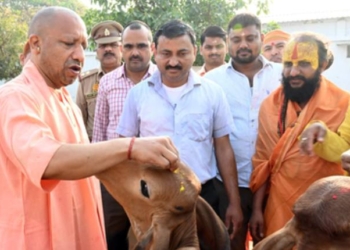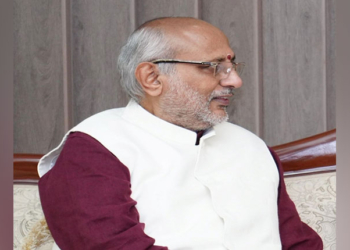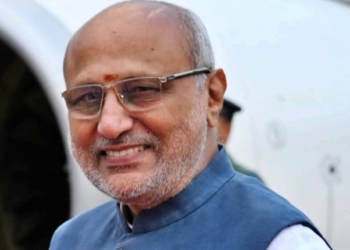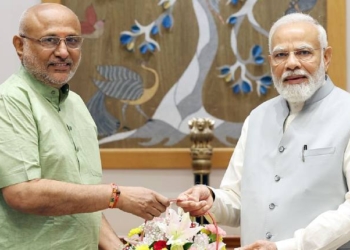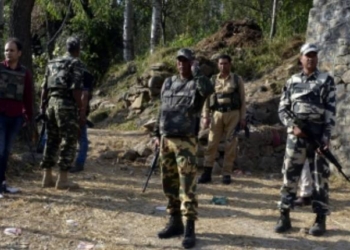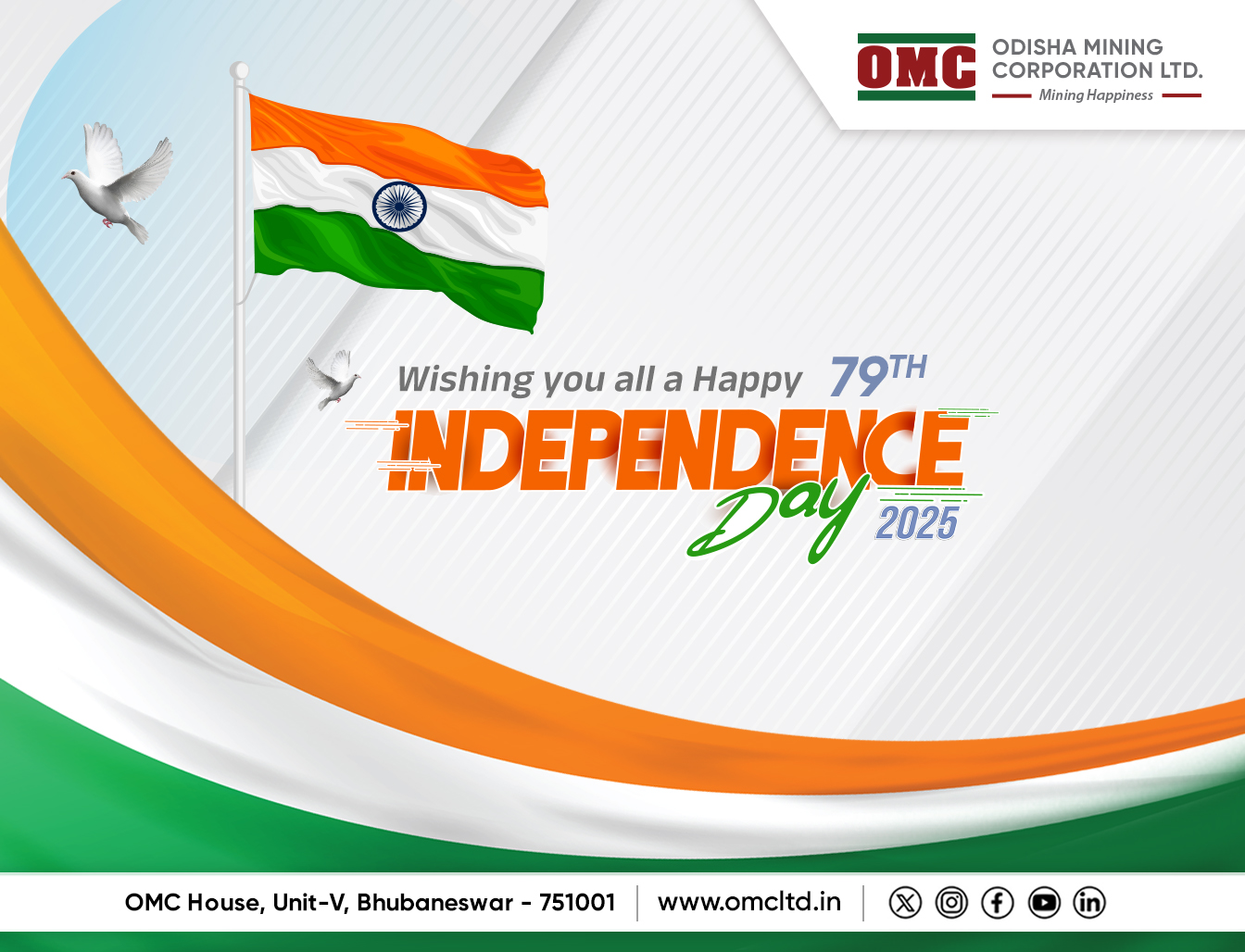New Delhi: The Supreme Court on Monday sought response from the central government by February 15, on a clutch of petitions seeking criminalisation of marital rape.
The apex court agreed to hear the matter in March.
A bench headed by Chief Justice D.Y. Chandrachud and comprising justices P.S. Narasimha and J.B. Pardiwala asked the Solicitor General Tushar Mehta, representing the Centre, to file the counter affidavit in the matter on or before February 15, 2023. Mehta submitted that the matter will have social implications apart from the legal implications. “If you want to file a counter, if any”, the bench told Mehta.
The top court decided to take up the matter itself instead of letting different high courts take a call. The matter will be listed for hearing in March, and the bench directed all parties to file their written submissions by March 3. Mehta informed the bench that the government had invited views of the state governments on the matter.
In May last year, after the Delhi High Court’s verdict that expressed “split views” on criminalisation of marital rape, an appeal was moved in the Supreme Court challenging the exception to Section 375 of the Indian Penal Code. Also, in July last year, the top court had stayed Karnataka High Court judgment, which allowed the trial of a husband for allegedly raping his wife. In May, the apex court had issued notice in the husband’s plea against the high court judgment. However, it had then refused to stay the high court’s judgment and trial proceedings. And, petitions have also been filed in the apex court seeking criminalisation of marital rape.
On May 11 last year, a high court bench of Justice Rajiv Shakdher and Justice C. Hari Shankar expressed different opinions in the judgement on the exception to Section 375 of the IPC, which exempts forceful sexual intercourse by a man with his own wife from the offence of rape. Justice Rajiv Shakdher supported striking down the contentious law stating that the exemption of the husband from the offence of marital rape is unconstitutional to which Justice Hari Shankar did not agree.
“The impugned provisions in so far as they concern a husband having intercourse with his wife without consent are violative of Article 14 and are therefore struckdown,” said Justice Shakder.
(IANS)




